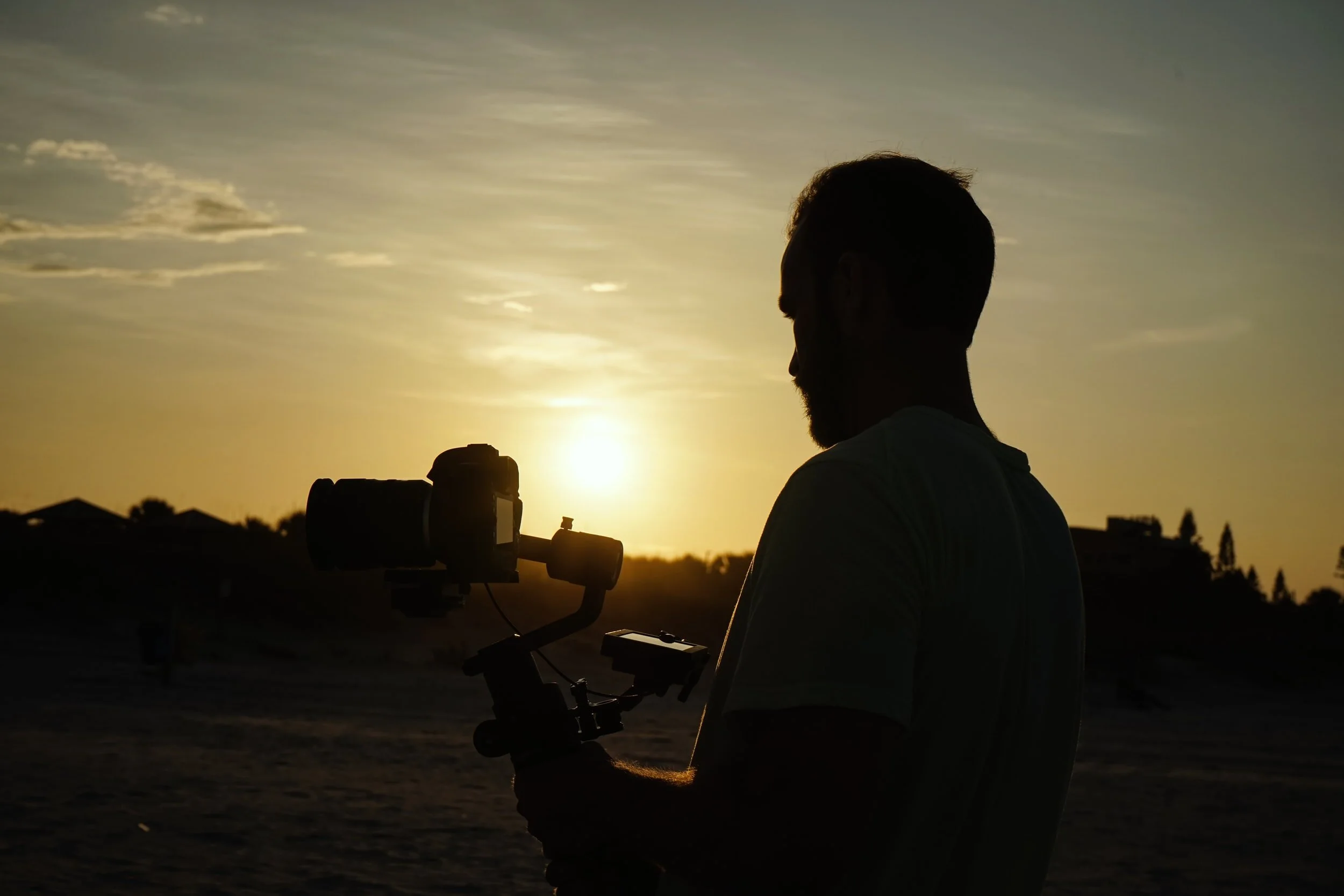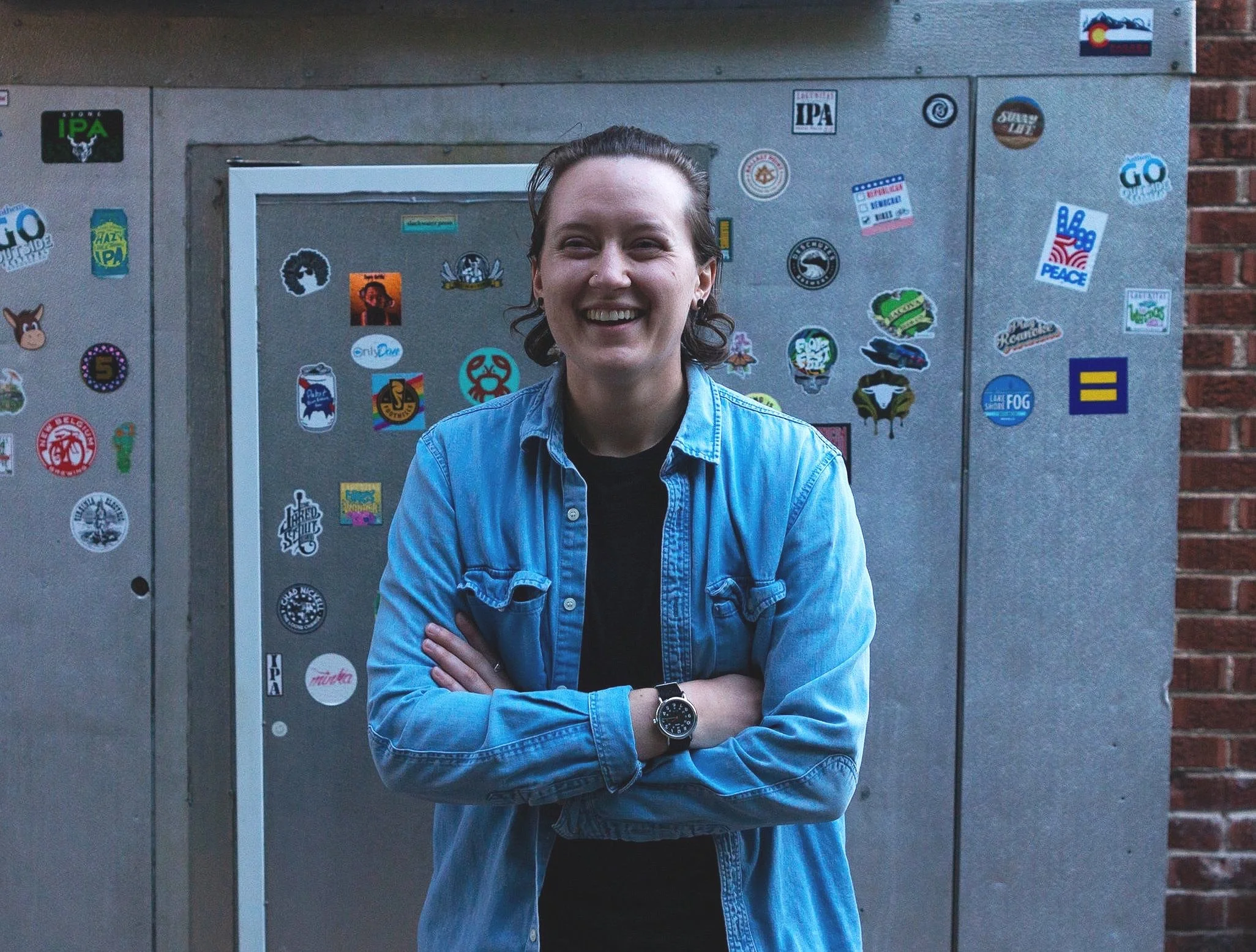“Not only do you get the opportunity to connect with amazing storytellers across the globe, but you also get the real opportunity to create something and get immediate feedback. Overall a wonderful experience. I think being part of the PWB community is already awesome, but taking a course like Video Storytelling takes it up a notch. It’s an opportunity you definitely don’t want to pass up!”
One of the main cornerstones of Photographers Without Borders’ (PWB) work is to provide educational opportunities to better prepare photographers to become storytellers for social change.
The inaugural May 2021 Video Storytelling School gave students the ultimate crash course in telling stories using video. The four week, 12-hour curriculum covered video basics, the art of crafting a vision for a short documentary or film concept, storyboarding for shooting, sound design and music, use of visuals and building emotion and characters.
Video-making is an essential skill in a photographer’s toolbelt. “It's a really competitive industry. And it's really important that we expand our skill sets as much as possible so that we're able to take on various projects. It makes storytelling more fun when you have more tools at your disposal," said Dani Khan Da Silva, PWB Founder & Executive Director.
The students all had various backgrounds in video—from newcomers to the field to more seasoned professionals. Lisa Butler, a research professor whose work focuses on improving health and mental health outcomes of pediatric and adult populations who are vulnerable or living with HIV, wanted to take the course to build her storytelling skills. "While I am confident in my skills as a photographer, and to some extent as a videographer, I have found storyline construction a weakness. So I took the course to learn how to create more compelling documentary videos," said Lisa.
Social justice-minded filmmaker Cindy Centeno, who works in documentaries and non-profit storytelling said, "Even though I’ve done this work for a little over five years now, I really just appreciated doubling down on the basics, while also being reminded that there are stories everywhere."
Wayne Rankine has worked as a cook for over 30 years and is in the midst of a career change to video production. His interest is in environmental and conservation stories. "I've been doing photography for a long time now, and I'm getting to the point where I don't feel my photography has much meaning. I want to add more meaning to what I'm doing. If I can tell a story and help a certain situation or organization with my storytelling, it gives me purpose and makes me feel like I'm contributing something."
The culmination of the course required each student to write, direct, shoot and edit a short film that they presented in class for feedback.
Lisa’s film focused on the experiences of a 72-year old woman following her late diagnosis with cervical cancer. "The woman who is the subject of the film hopes that it can be used for advocacy purposes. I would like to further explore women's experiences, such as in Uganda and South Africa where I also work on topics relating to prevention and early diagnosis of cervical cancer."
Wayne’s final class project began as a story about swans, but living in a Canadian city that's under a pandemic lockdown forced him to shift directions. By using what he learned in class, he recounts, "My initial project was going to be on swans in general. But I couldn’t get a hold of anybody for an interview So I took Dani’s advice about making a human story rather than the swans. I have a friend from Nigeria, and I know that he's never seen a swan. So I made a story about him. It went from being a sort of a dry documentary about swans to more of an immigrant experience seeing swans for the first time."
For Cindy, her class project was a cherished opportunity to tell a very personal story.
"Much of the stories that are shared in our family have been passed down orally, but never fully recorded. Not to mention that genealogical reports only go so far, so there’s been a strong desire on my end to dig deeper and create a series or collection (or my first documentary) that goes into that story a bit. So for this short video, I interviewed my mom specifically and asked about her experience when she first came to the U.S., what life was like for her in El Salvador before she came, and overall reflections 30 years after she stepped foot on U.S. soil. I filmed the interview in the 45 minutes before she had to leave for work, but it was honestly one of the most memorable moments I’ve experienced with her. I look forward to continuing that conversation."
Cindy plans on sharing the short piece with her mother and family and to use it to apply for grants for a larger project she has in mind. "I’m excited to see how this very short snippet of a chapter will evolve into something more intimate and impactful for me and my family," she said.
For instructor Dani Khan Da Silva, the first ever video storytelling course was a success. "Video allows you to expand and feel more connected to the people that you're listening to and seeing. It was amazing to see the step-by-step progression in this course, to see everyone taking an idea from day one and in four classes being able to produce a full narrative with B roll and sound design."
For more information on the next Video Storytelling Certification and PWB’s full course calendar, check out our upcoming Storytelling School courses.
More from PWB Storytellers…










